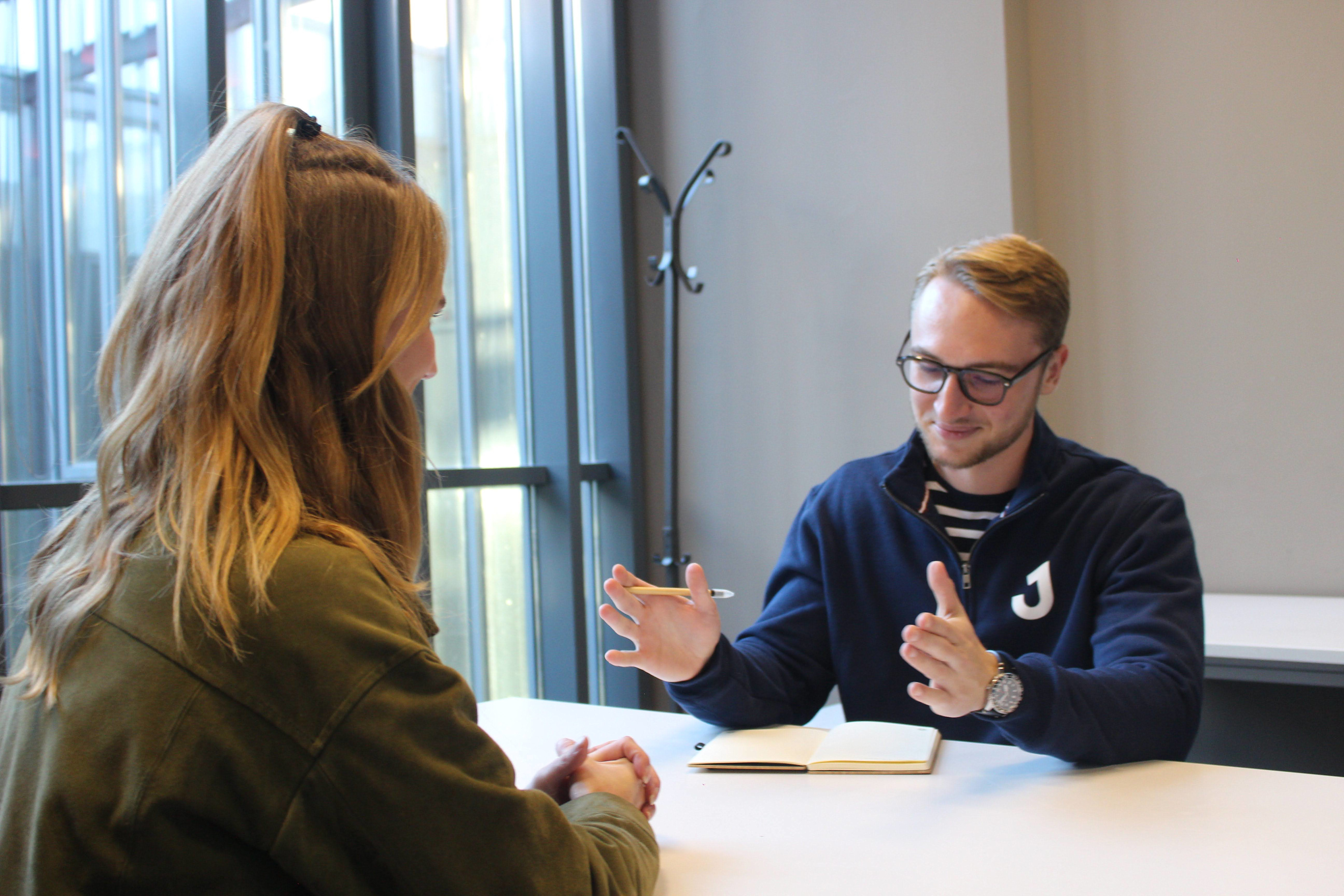
1. Before the Meeting: Prepare Thoroughly
Preparation is key to feeling confident and organized during your meeting.
Know Your Client
Research the person or company you’re meeting. Gather simple and relevant information, such as:
Their industry (what do they do?).
Their challenges or pain points.
Their achievements or recent projects.
Explore their website, LinkedIn profile, or related articles to learn more.
Set a Clear Goal
Ask yourself: "What do I want to achieve from this meeting?" Examples:
Schedule a follow-up meeting.
Present your solution.
Gain a deeper understanding of their needs.
Prepare Your Materials
Make sure you have everything you need:
A clear, simple presentation.
Examples of successful projects or testimonials.
Tools like your laptop, notebook, pen, or charger.
Tip: If it’s an online meeting, test your internet connection and camera in advance.
2. During the Meeting: Listen and Propose
This is the most critical part of the process. Show that you’re attentive and understand the client’s needs.
Break the Ice
Start with light, informal conversation to create a relaxed atmosphere. For example:
A sincere compliment about their company.
A remark on relevant industry news.
This helps ease any tension and sets a positive tone.
Ask Questions and Listen
Let the client talk and ask open-ended questions such as:
"What are your current goals?"
"What challenges are you trying to address?"
"What do you expect from a solution like ours?"
Tip: Take notes. This shows attentiveness and helps you remember important details.
Offer a Tailored Solution
Once you’ve understood their needs, present a solution that directly addresses their pain points. Use clear examples to illustrate your points.Example: If the client wants to save time, demonstrate how your solution automates specific processes.
3. After the Meeting: Follow Up
The meeting doesn’t end when you say goodbye. Following up is essential to maintaining the relationship.
Send a Recap Email
In your email, include:
A summary of the client’s needs.
The solutions you discussed.
Next steps, such as sending a proposal or scheduling another meeting.
Follow Up if Necessary
If you don’t hear back right away, don’t hesitate to check in. Send a polite message to keep the conversation going. Keep your tone simple and professional.
Tips for Success
Be Clear
: Avoid jargon and keep your language straightforward.
Show You’re Listening
: Rephrase the client’s points to demonstrate understanding.
Stay Positive
: Even if the client hesitates, maintain a motivated and confident attitude.
Conclusion
A client meeting is an opportunity to build trust and offer value. By preparing well, listening actively, and following up effectively, you increase your chances of success. At JUWA, we use these principles to foster strong, lasting relationships with our clients.What are your tips for a successful client meeting? Share them in the comments below!
Published on Thursday, November 21, 2024
Author
Malo Ciesielski
Corporate Relationship Manager